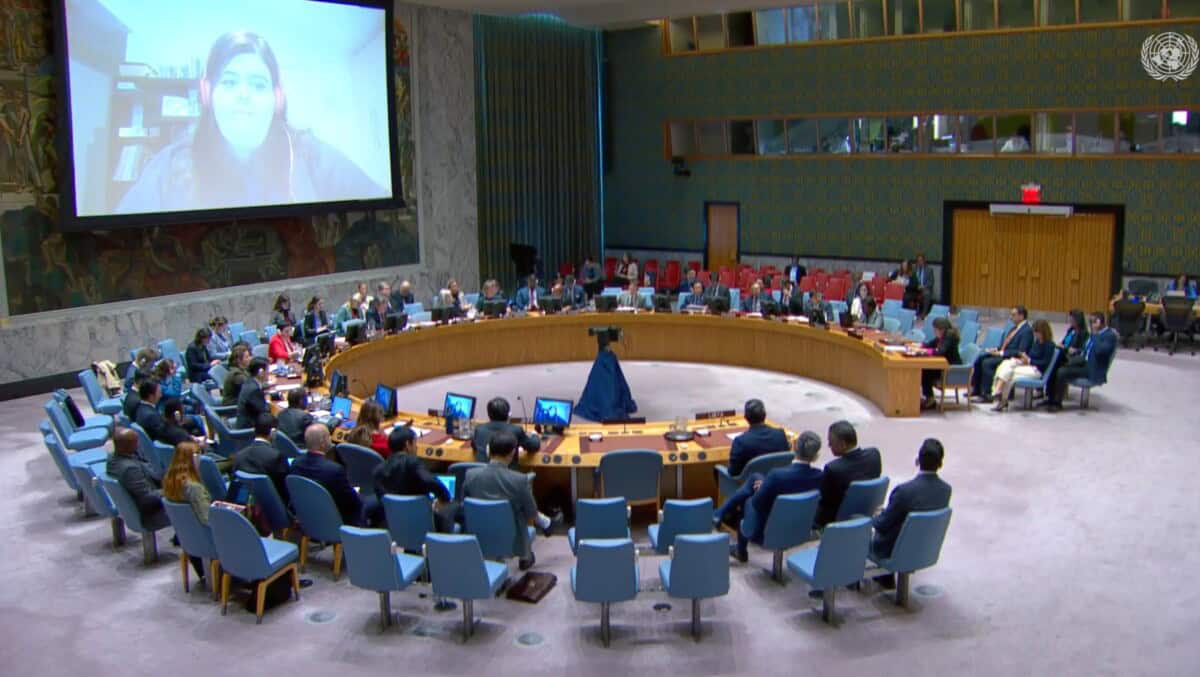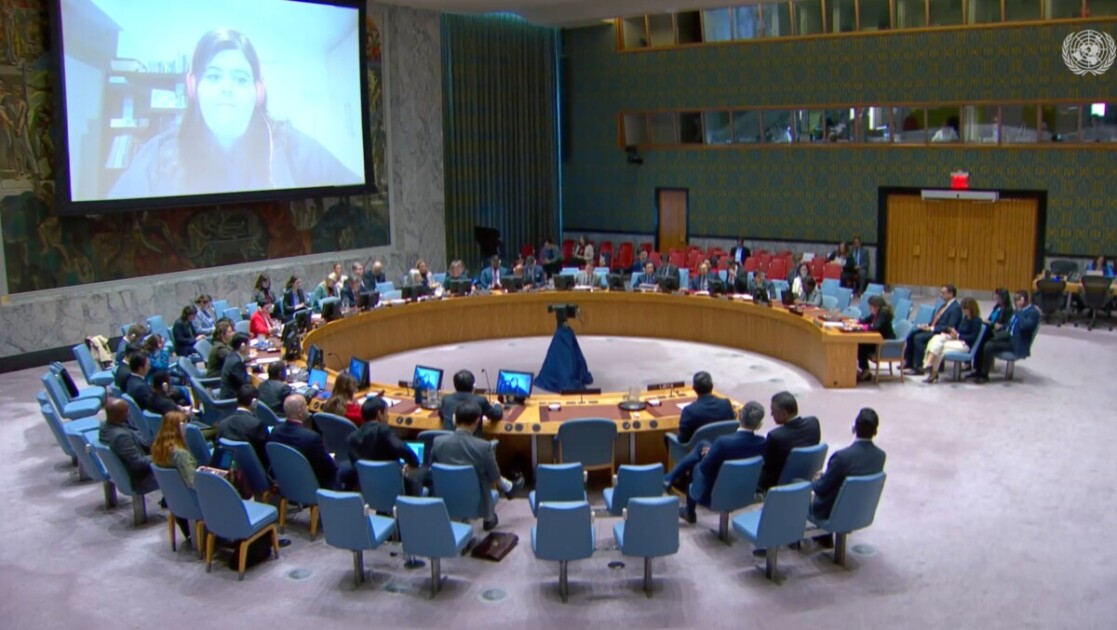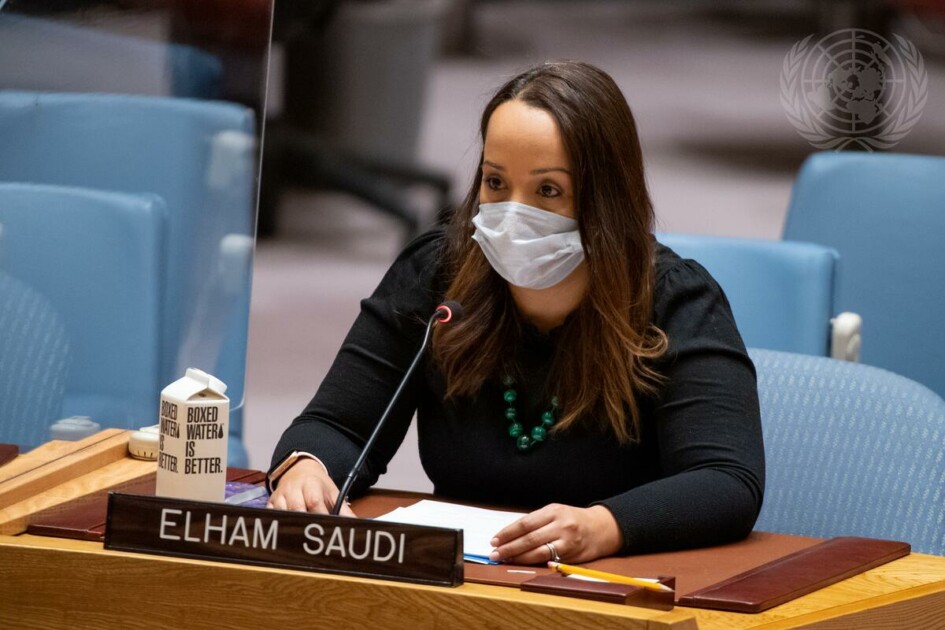Libya
Libya
Years after the deposition of dictator Moammar Gadhafi as part of the Arab Spring, Libya remains in a deteriorating security situation that is especially volatile for women. Sexual and gender-based violence during the war, including mass rape, has yet to be investigated, and women’s rights have continued to decline as different Islamic groups strive to curtail freedoms throughout the country. Violence against women remains common, but reporting remains low; like political and civic participation, reporting and activism by women remains deterred due to threats of violence or death.
Since 2011, Libya has passed new laws which discriminate against women, including the legalization of polygamy and quota reductions for women’s representation in Parliament. Although a party to the Convention on the Elimination of All Forms of Discrimination against Women (CEDAW), Libya does not have a National Action Plan per resolution 1325 (2000).
Due to the high rates of discrimination, exclusion and violence faced by women in Libya, the NGOWG advocates for the Security Council to continue supporting the United Nations Support Mission in Libya (UNSMIL) to include women as full and equal partners in supporting the transition of power to the Government of National Accord, which has struggled to establish legitimacy and control. Without the inclusion of women, the new government will face greater challenges to creating sustainable peace in Libya and continue exposing Libyan women to extreme risk of violence.
Current and Past Recommendations to the UN Security Council (Monthly Action Points)
Following the adoption of SCR 1973, the Council should urge all forces acting under its authority to put the protection of civilians above any other considerations. Any civilians fleeing Libya should be allowed safe passage, and be allowed immediate access to whichever country they are able to reach, without discrimination. Attention should be given to the specific concerns of displaced women, including an increased risk of sexual violence. Since mid-February 2011, many people have been forcibly “disappeared” by forces loyal to Colonel al-Gaddafi, and are now at grave risk of torture and other serious human rights abuses. The Council should call on the Libyan authorities to, inter alia: ensure the families and lawyers of those detained are informed immediately of the place of detention and of specific allegations; allow immediate independent access to these places of detention in order to ensure the safety of those detained; and immediately release all those detained solely on account of their opinions or peaceful activities.
Relevant Resources






